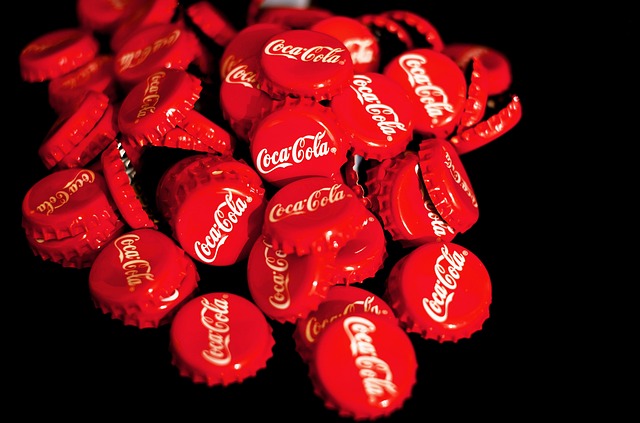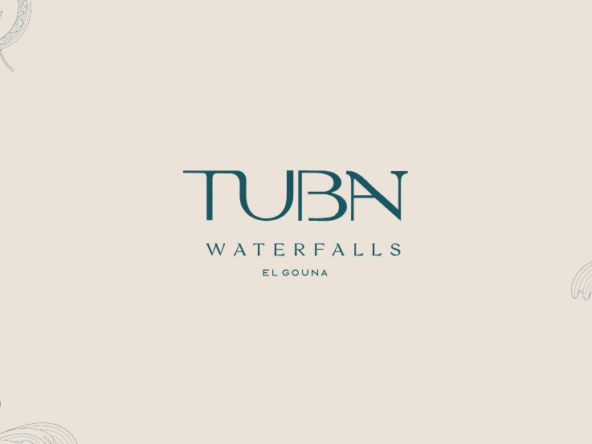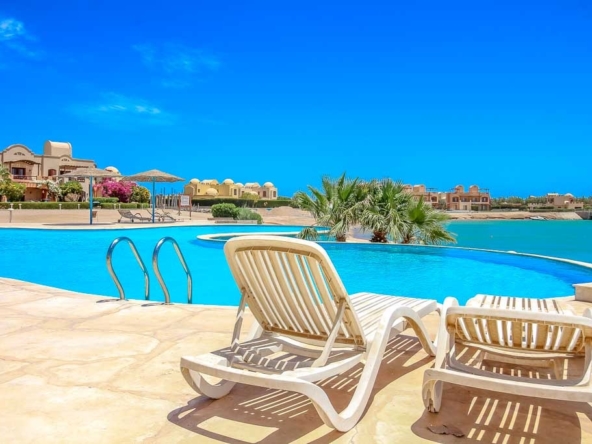Recycling in El Gouna
Thankfully, El Gouna is still pure. Being such a young town, some 29 years old, it still has all the benefits of the clean air and clean surroundings that most cities lack. With this, it is very encouraging to know that El Gouna has a healthy recycling system in place. Although El Gouna is young and still a small town, we dare not underestimate the power or pollution. Plastic is cheap and therefore a lot of items are packaged in plastics of various grades. For example, El Gouna’s supply of drinking water. Being in the desert, El Gouna has to have a very careful plan to provide drinking water to its inhabitants and tourists alike. This drinking water comes mostly in plastic bottles and therefore El Gouna is obliged to have a recycling plan in place. Thankfully they do.
It was not long ago that, while travelling, I watched a shop attendant unwrap the plastic from all the merchandise they had received from the factory. This plastic was swept into one big pile. Expecting it to be bagged, I watched in horror as this pile of plastic got swept out the door. That plastic, and a large pile it was, was left to the wind to be distributed across the land and into our oceans and rivers.
In one sense there is a war on polluters. Environmentalists are continuously fighting ignorance on behalf of shopkeepers like this who don’t really understand that it’s not just them doing it. Every other shop not disposing of waste properly eventually becomes millions across the world. In a similar fashion, one oil tanker pours oil into the sea without a second thought. In such a vast area of water, what will it matter? But if hundreds of them do it over decades, which is the case, the results are heartbreaking.
There is hope in all of this though. And we are proud to say that El Gouna is providing a fantastic example of keeping pollution under control.
El Gouna’s Recycling Centre
The Recycling plant is located across the motorway from the main gate of El Gouna. You can see hints of it between the palm trees of the oasis in front of the hills. Opened in 1995, it has been getting busier as the years have gone by. As El Gouna grows, so does the amount of waste it produces. And so, the recycling plant has had to scale up along with it. The much-needed staff are provided respectable salaries, nearby housing and rewards for continued service.
Separation is the ultimate goal for the plant. A massively labour intensive task, we could help make easier by separating at the moment of disposal. Fortunately, El Gouna has some dedicated bins, coloured for easy spotting and labelled appropriately with “Glass”, “Paper”, “Cans” There could always be more of these bins around, but I have found myself grateful that there are indeed plenty of standard rubbish bins in EL Gouna, and you never have to walk far to find one.
Only 20% of rubbish that arrives at the recycling plant is already appropriately separated and that leaves a massive 80% to be segregated by the staff. But a firm and steady assembly line separates all items into cartons /cardboard, plastic bottles, plastic bags, glass and tin. The plastic bags have a special and brilliant journey to travel. They are shredded down into the smallest possible fragments, cleaned and then heated to an optimal temperature for liquidation. They are then formed into thin sheets and come out the other end as black bin bags. In a way, it’s a type of reincarnation. What once was trash, now contains trash. But in context, a better word is indeed recycled. And so the loop continues. It must be said, however, that this all takes place in Cairo. El Gouna’s recycling plant is not yet advanced enough for this. But don’t let that deter from the importance of El Gouna’s part in collecting the rubbish, sorting it, compressing it into blocks and transporting it all to Cairo.
It is impressive that plastic is treated so differently. It is one of the worst forms of pollution the world has today simply due to its inability to decompose. Sadly, plastic can take up 1000 years to decompose – 450 years for plastic bottles. For this reason alone, it is of utmost importance that plastics get recycled.

But what about organic waste? It is simply exposed to the sun for the better part of a month in which time it dries, ridding itself of all moisture. This then gets broken down for easy transportation to be used for agriculture. If you have seen the film “The Martian”, you will understand how organic waste can be recycled for basic survival.
Organic waste at the El Gouna recycling plant does not include wood. Wood and plant material has a separate area. These are further separated with some being used locally for art and aesthetics, while the rest is shipped to Cairo for various industrial uses.
Earth week.
During the month of March, El Gouna celebrated Earth Week. This served to create awareness of the dangers we face today regarding the health of our planet- which is ultimately our own health. The Club House came right to the forefront for this week and hosted a number of brilliant events. For music lovers but aimed particularly at El Gouna’s youth, The Club House held a few days of making musical instruments out of litter. The idea was brilliant. The kids had to go to the Club House beach, adjoining beaches and the neighbouring downtown areas, to collect whatever items they could find and make instruments. They came with some surprisingly large items in which a fairly large rhythm ensemble was created.
Also at the Club House was the annual raft race where teams gathered to build their rafts from recycled items. Teams had until 4pm to build, at which time the race started: Cross the lagoon, to the Panorama Hotel and back again. Being an extremely windy day, some teams drifted downwind and had to be rescued, while some even lost parts of their rafts. Although defeating the purpose of recycling, these bits were fortunately only wooden planks which don’t take anywhere near as long to decompose as our-great-enemy: plastic.
As Gounies, we are all very proud to be part of a community that honours the earth and it’s health.




